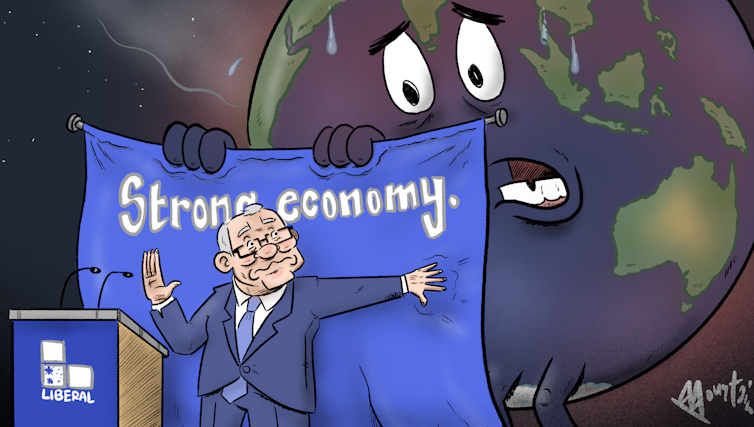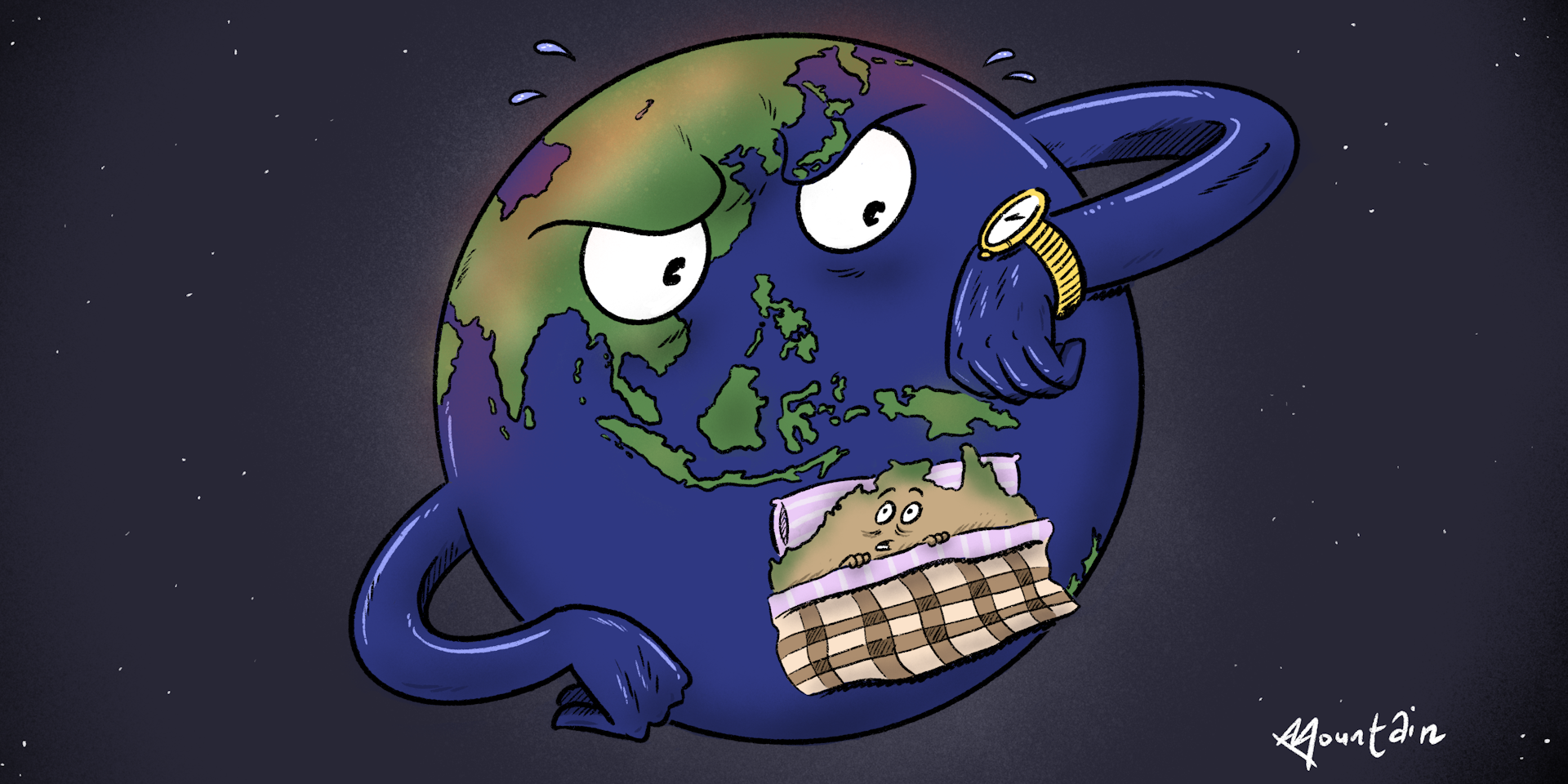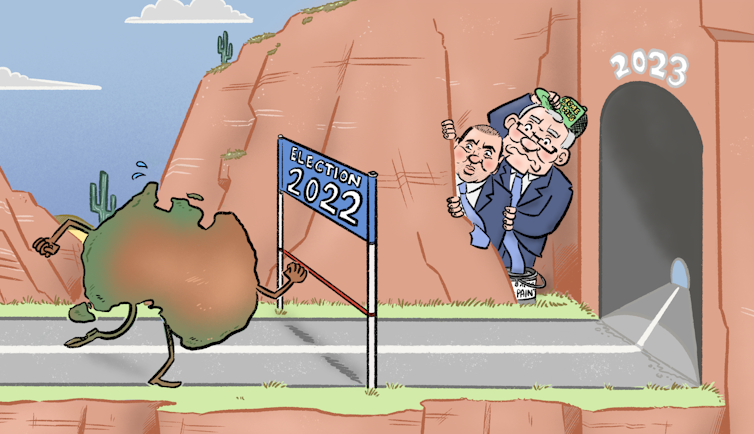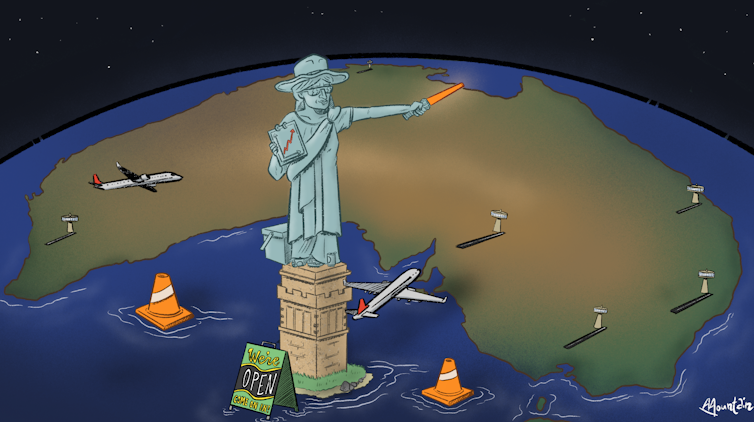
Offered a menu of issues to choose from as the most important in the May 21 election, Australia’s top economists have overwhelmingly zeroed in on one.
Three quarters of the 50 top economists surveyed by The Conversation and the Economic Society of Australia have nominated “climate and the environment” as the most important issue for the incoming government and the most important in the election.
The 74% who nominated climate and the environment is more than twice the proportion that nominated the four substantial runners up: housing availability and affordability, health, tax reform, and education.


